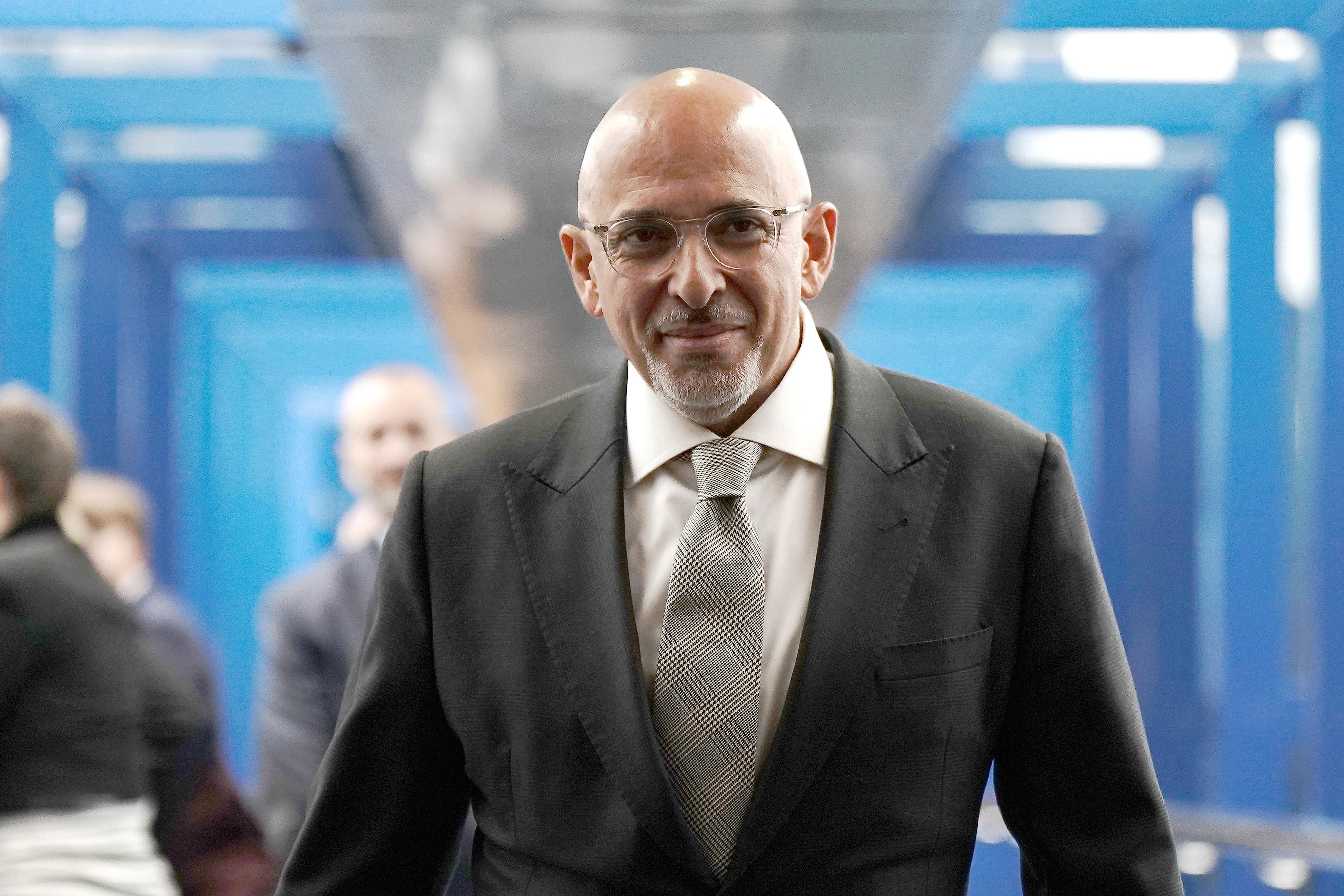How tax affairs became a hot topic for Tory ministers
Nadhim Zahawi is only the latest senior figure to be aske serious questions his tax arrangements. Adam Forrest takes a closer look


Conservative ministers pushed out to defend their party chair Nadhim Zahawi over his tax affairs have argued that such matters should be “private”. Indeed, foreign secretary James Cleverly suggested on Sunday that Zahawi had been “more open” about his settlement with HMRC than we had any right to expect.
But the tax arrangements of top public servants remain a matter of public interest. The subject has become an increasingly dangerous area for the Tories since The Independent revealed last year that Rishi Sunak’s wife, Akshata Murty, had claimed non-domicile status while Sunak was chancellor.
Although Murty gave up her non-dom status, the controversy saw Brand Sunak badly damaged ahead of his push for the Tory leadership. Sunak was forced to reckon with questions about his huge family wealth, as well as his former status as a US green-card holder, during the contest he lost to Liz Truss.
The controversy also led to a series of awkward questions about other ministers’ tax affairs. Sajid Javid was forced to defend his own use of non-dom status, after it emerged that he had held it before entering politics.
The former health secretary enjoyed the special tax status, which allowed him to avoid paying UK tax on his overseas income, in the early 2000s when he was working for Deutsche Bank. He said his tax affairs had been “very international” because his old job was “very international”.
But Zahawi does not have the luxury of pointing back to the distant past. The senior figure had been appointed chancellor when The Independent revealed in July that he was subject to an HMRC investigation linked to the sale of shares in polling company YouGov.
Despite admitting an “error” over the allocation of shares, which he has ascribed to “carelessness”, Zahawi has not disclosed the size of the settlement he paid to HMRC (an estimated £4.8m including a 30 per cent penalty). Neither has he confirmed that he was fined, or addressed the question of when he first became aware that an official inquiry was taking place.
In a statement he issued on Saturday, Zahawi said that “questions were being raised about my tax affairs” when he was appointed chancellor at the start of July, but he is also yet to confirm whether he or his representatives settled the tax dispute while he was in charge of the nation’s taxes.
Labour is thoroughly enjoying the ongoing transparency deficit – calling for Zahawi to release his tax returns and for Sunak to launch an investigation.
Tory MPs are gloomy about the ex-chancellor’s chances of survival in cabinet. One former minister told The Independent that Zahawi’s position was “unsustainable”, while another said it was unacceptable for the person looking after the Tory party’s finances to have shown such “carelessness” with his own.
Sunak, stung by the non-dom controversy and keen not to be seen as having anything to hide, promised during the Tory leadership battle that he would publish his tax returns if he made it into No 10.
So how quickly might we see the PM’s tax returns? Pushed earlier this week on how soon he would act to uphold his pledge, the prime minister’s press secretary said: “He said he would do it. We will do that in a very short time, in due course.”
Labour may be relishing the Tory discomfort as the party vows to “drain the swamp” at Westminster. But Keir Starmer is yet to commit to publishing his own tax returns. The opposition leader may find all the new interest in tax transparency much less comfortable if he himself makes it into No 10.






Join our commenting forum
Join thought-provoking conversations, follow other Independent readers and see their replies
Comments